5 Simple Ways to Protect Your Lungs in Metro Cities!
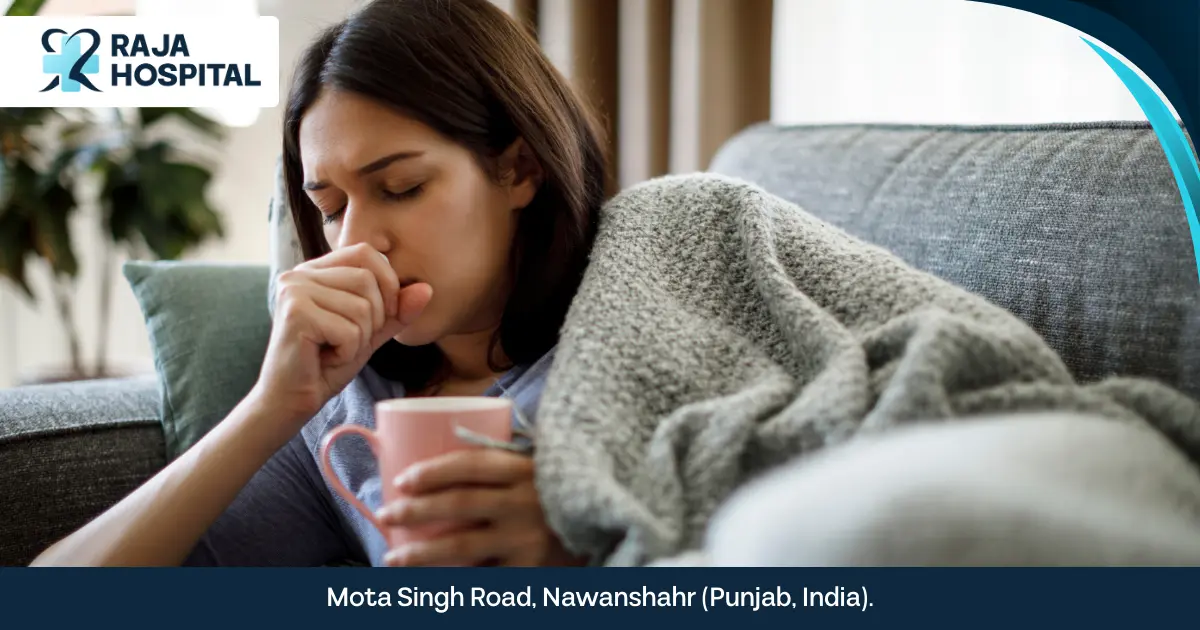
REVIEWED BY DR. SHOKET ALI (MD MEDICINE) on 19 August 2025.
Waking up with a stuffy nose, a dry cough, or feeling like you’ve already run a marathon before even getting out of bed? You’re not alone.
Metro life is fast, exciting, and full of opportunities. But it’s also quietly damaging your lungs. The air you breathe every day is filled with invisible threats, such as dust, smoke, and fumes, that can slowly affect your health. And the worst part? Most people don’t even realize what’s happening until it’s already serious.
If you’ve been brushing off breathing issues, blaming them on the weather or a common cold, it’s time to take a closer look.
This article is your wake-up call. I’ll walk you through 5 simple and practical ways to protect your lungs while still living in the city you love. No scare tactics, no complicated terms. Just real solutions for real people trying to breathe better in the middle of metro chaos.
What’s Happening to Our Lungs in Big Cities?
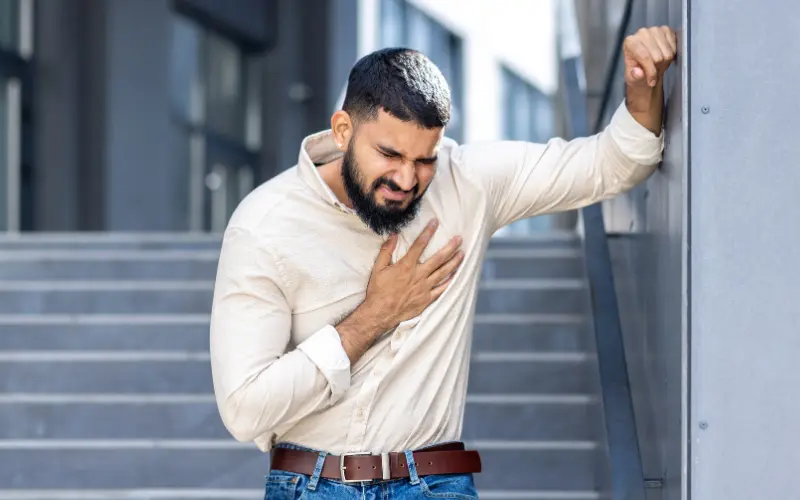
Metro cities come with a lifestyle full of energy, but also a growing health burden. One of the biggest hidden threats? The very air we breathe.
City Air Is Not What It Used to Be
City air appears normal, but it carries harmful particles that are invisible to the eye. Every breath brings in pollutants that gradually harm your lungs.
- Dust, smoke, and chemical fumes fill the air from traffic and factories
- Construction activity adds more dust and airborne debris
- Indoor air is often stale due to poor airflow and closed windows
- Sprays like room fresheners and cleaners add to the irritation
- Daily exposure causes slow damage that builds up over time
Common Lung Problems People Are Facing
What seems like a minor cold could be your lungs asking for help. These issues are becoming the new normal for many urban residents.
- Shortness of breath after light activity like walking or climbing stairs
- A dry or nagging cough that refuses to go away
- Chest heaviness, especially in the evening or after exposure to polluted areas
- Constant fatigue that doesn’t match your workload
- Interrupted sleep due to breathing discomfort or a blocked nose
Why Are Metro Residents Struggling to Breathe?
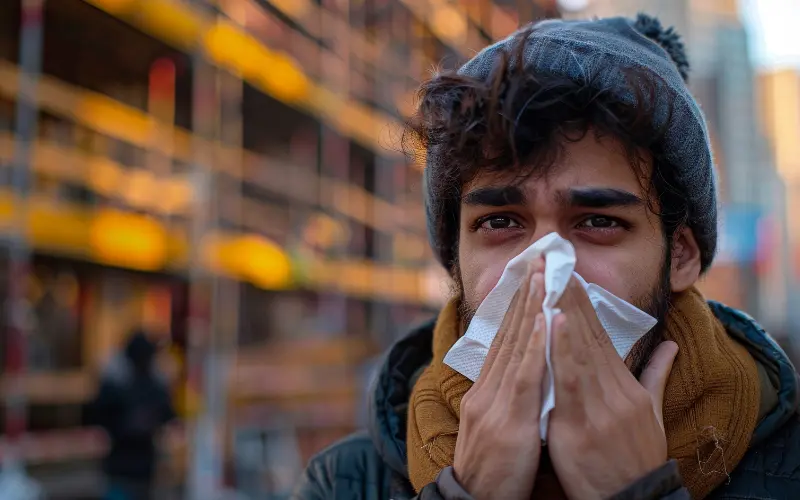
It’s not just the air outside that’s hurting your lungs. The way we live, work, and even relax in cities is making it harder to breathe freely.
What’s Making It Worse?
Urban life surrounds us with triggers we don’t often notice. These everyday factors quietly wear down your respiratory health.
- Vehicle emissions and industrial smoke fill the outdoor air
- Garbage burning and construction work add harmful particles
- Homes and offices often have poor ventilation
- Lack of plants and trees means no natural air purifiers
- Long hours indoors create stale air with low oxygen levels
Habits That Secretly Harm Your Lungs
Some of your everyday habits could be doing more damage than you think. Small changes can make a big difference.
- Smoking or being around others who smoke
- Spraying strong perfumes, air fresheners, or cleaning products
- Skipping routine health check-ups and ignoring symptoms
- Staying indoors all day with no airflow or fresh air
- Not drinking enough water to flush out toxins
How Kids and the Elderly Suffer the Most in Metro Pollution
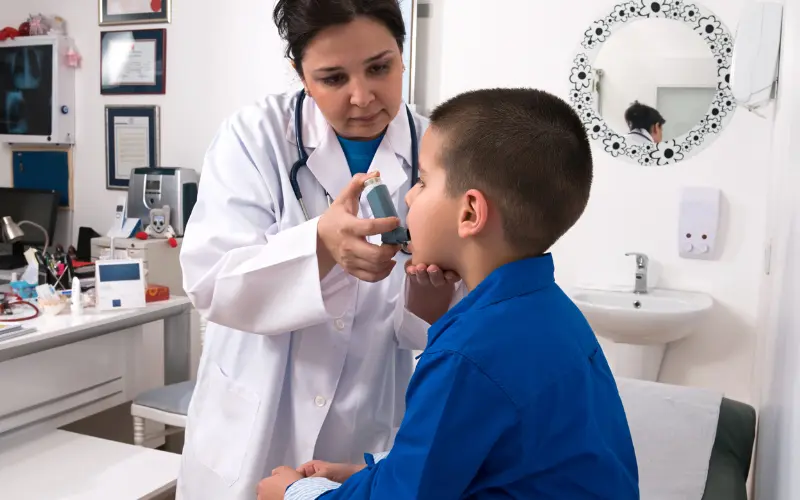
Children and older adults are the first to feel the impact of polluted air, yet they often go unnoticed until symptoms worsen.
Kids have developing lungs and breathe more rapidly than adults, which means they inhale more pollutants each day. This makes them more likely to develop asthma, allergies, and frequent respiratory infections. If your child keeps coughing at night or tires quickly during play, it might be more than just a seasonal issue.
Older adults already face weakened immunity and may have conditions like heart disease or diabetes. When they breathe polluted air, it adds extra strain on their lungs and heart. Even a simple walk outdoors can leave them feeling breathless or dizzy, leading them to avoid physical activity altogether.
Looking after these vulnerable age groups starts with small but conscious changes at home. Better air quality indoors, regular check-ups, and paying attention to early signs can make a big difference.
Simple Ways to Protect Your Lungs in the City
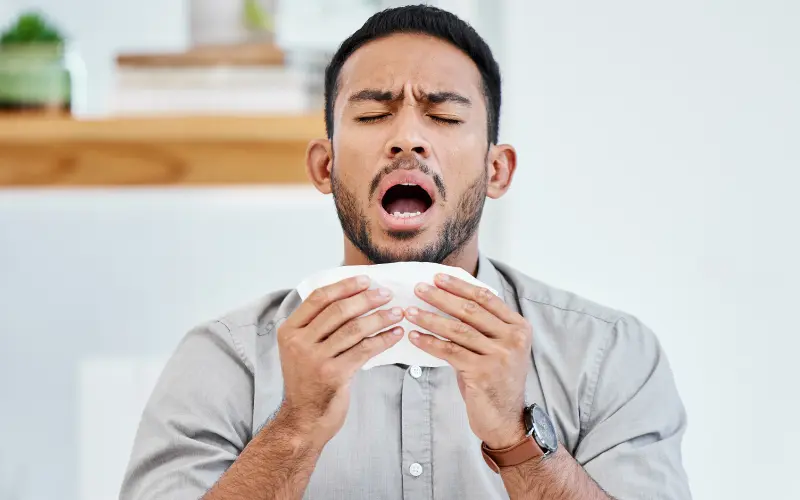
Last winter, a friend of mine in Delhi started getting breathless while walking to his car. No smoking habit. Fairly active. Still, his doctor said his lungs were inflamed because of the air he was breathing every day.
Sound familiar? The good news is, you don’t need to pack your bags and move to the mountains. Small, smart changes can go a long way.
What You Can Do Daily
These easy habits don’t require fancy gadgets or expensive treatments. Just awareness and consistency.
- Wear a mask during high-pollution days or in traffic-heavy areas
- Open windows for ventilation when the air quality is better outside
- Use indoor plants like snake plant or aloe vera to clean the air
- Avoid incense sticks, mosquito coils, and heavy sprays at home
- Stay hydrated. Water helps keep your lungs clear
Lifestyle Changes That Help
Healthy lungs aren’t just about avoiding bad air. Your routine also plays a huge role.
- Practice deep breathing or Pranayama for 10 minutes a day
- Walk or jog in parks during early morning hours when pollution is low
- Quit smoking completely, not even the occasional puff
- Eat antioxidant-rich foods like berries, turmeric, and leafy greens
- Schedule regular check-ups, even if you feel “okay”
When Is It Time to See a Doctor?

Most people wait until breathing becomes unbearable. But lung problems don’t always show dramatic symptoms at first, they build up slowly and silently.
If you’ve been brushing things off, now is the time to pay closer attention.
Warning Signs You Shouldn’t Ignore
These symptoms are your body’s way of asking for help. Don’t wait until they get worse.
- Difficulty breathing, even while resting or doing light activities
- A persistent cough that lasts more than three weeks
- Wheezing or whistling sounds when you breathe
- Tightness or pressure in the chest
- Feeling tired or dizzy without physical exertion
- Trouble sleeping due to breathlessness
If you notice any of these signs, it’s not overreacting; it’s being smart.
Early detection can prevent serious complications. A quick visit to the doctor can bring peace of mind and a treatment plan, if needed.
The Invisible Cost of Ignoring Breathing Issues
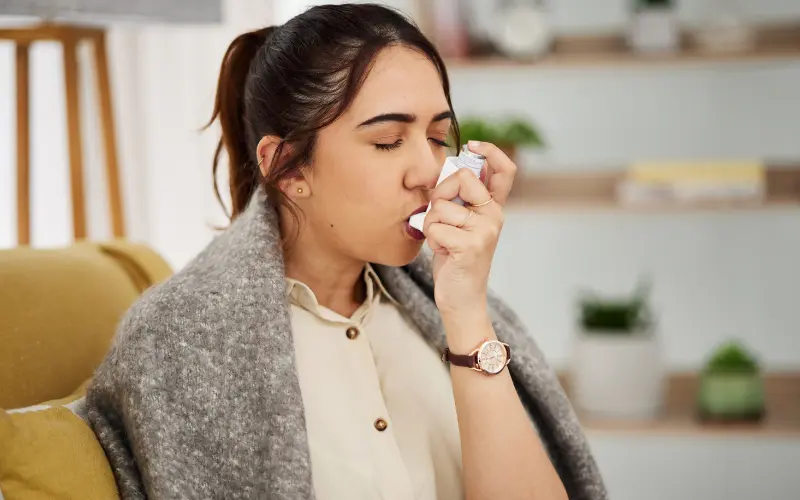
Breathing is something we do without thinking, which is why it often gets ignored until it becomes a serious concern.
It usually starts small. A bit of breathlessness when climbing stairs. A dry cough that lingers for weeks. Fatigue that doesn’t match your activity level. Most people dismiss these symptoms as stress or a passing illness. Over time, they become part of your routine, and that’s where the real danger begins.
Breathing issues affect more than your lungs. They impact your energy, your focus, your sleep, and your ability to enjoy everyday life. They can slowly wear you down, mentally and physically, without you realizing what’s happening.
The sooner you take action, the better your chances of avoiding long-term damage. It’s not overreacting, it’s being proactive about your health.
Frequently Asked Questions
1. Can living in a metro permanently damage your lungs?
Yes, long-term exposure to polluted air can lead to chronic conditions like asthma, bronchitis, or reduced lung capacity. Early detection and lifestyle changes can help reduce the impact.
2. What’s the first step to improve my breathing?
Start by identifying triggers around you, like poor indoor air or exposure to smoke. Use a mask outdoors, stay hydrated, and practice breathing exercises regularly.
3. Are air purifiers effective for city homes?
Yes, a good air purifier can significantly improve indoor air quality, especially during high pollution days or if you live near traffic-heavy areas.
4. How do I know if my child is affected by air pollution?
Watch for frequent coughing, breathlessness during physical activity, or complaints of chest tightness. If symptoms persist, consult a doctor for a basic lung health check-up.
Struggling with same?
Book Your Appointment With Our Expert Doctors

Conclusion:
Metro life has its charm, opportunities, energy, and ambition, but it also comes at a hidden cost. Our lungs, which work nonstop to keep us alive, are constantly under attack from pollutants we can’t see but definitely feel over time.
We often wait for something major to happen before we act. But with lung health, waiting can be dangerous. What starts as a mild cough or fatigue could silently turn into something much harder to treat.
The truth is, you don’t need to escape the city to protect your lungs. You just need to stop ignoring the signs. Make your home a safer breathing space. Step out only when necessary. Be mindful of what you allow into your body, whether it’s the air you inhale or the habits you follow.
If you or your loved ones are showing signs of breathing discomfort, don’t wait. Early action can prevent long-term damage. Visit Raja Hospital for a quick, non-invasive lung health assessment and expert guidance.
Start small. Stay consistent. And if something feels off, see a doctor early. Your lungs don’t ask for much. Just care, attention, and a little breathing room.
